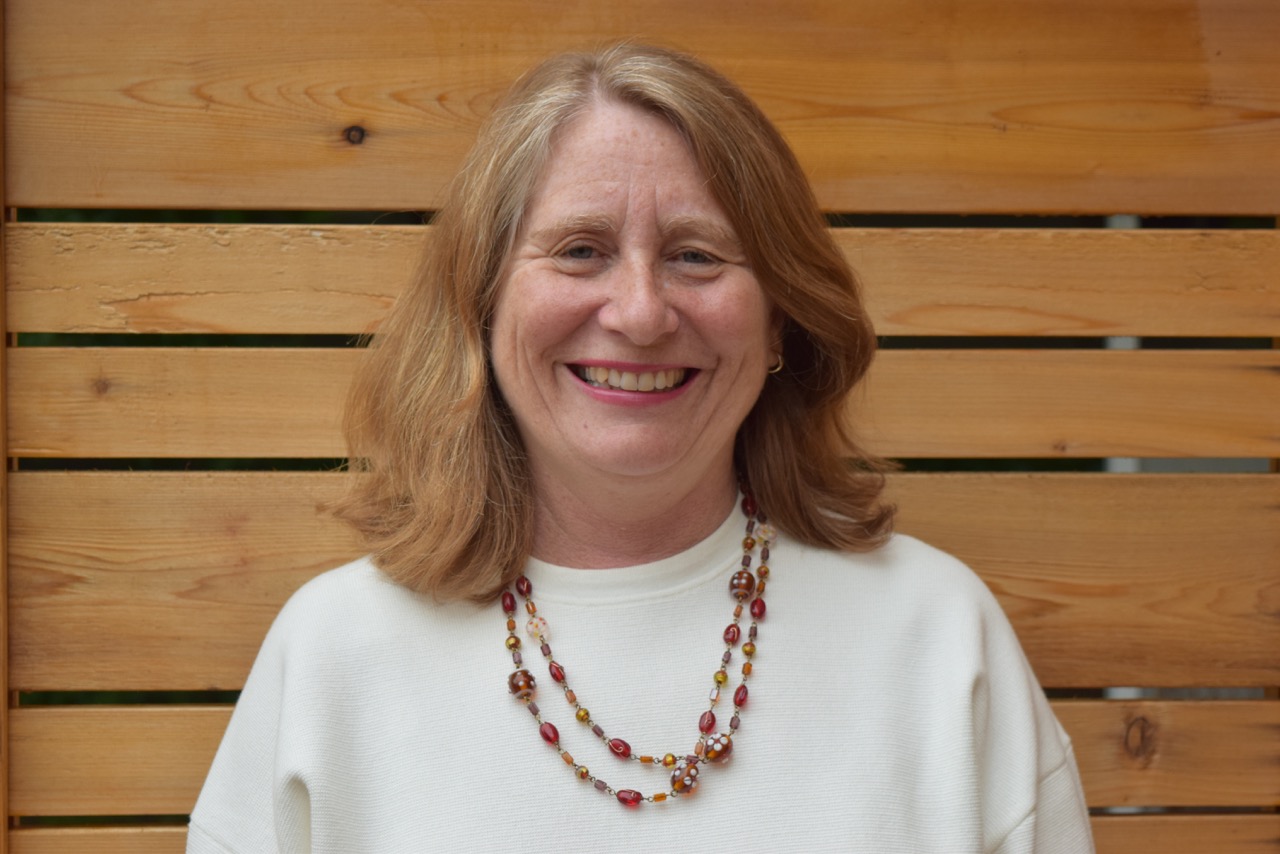You Don’t Have to be Quoted to Wield Influence
by Shari Graydon
Lise Martin, Executive Director of Women’s Shelters Canada
Let’s say you’re a beleaguered advocate who is part of a national network of women’s shelters that constitute the thin and vulnerable line between daily brutality often leading to death, and escape to safety. No day, or week, or month are ever going to give you enough hours to do the job necessary.
Now let’s say you spend 40 minutes on one of those days speaking with a journalist about the impact of forced isolation on women whose only respite from their partners’ controlling, abusive behaviour was the time those men used to spend leaving the house for work. Until a pandemic sent them all home, vastly expanding the number of stresses they might use to justify their drinking, or anger, or attacks on you.
Drawing on decades of research and work dealing with other women — those who constitute the lifelines and those in danger of being raped or beaten, knifed or shot in front of their kids — you offer in-depth context, hard-won insights and recipes for change.
When the article appears, it’s full of your knowledge, expressed in your words. But only a few of them are actually attributed to you. You are thrilled to see your insights shared, but given how often women’s voices are silenced, dismissed, ignored or trampled on, you’re pretty choked, too.
You appreciate that the journalist you spoke with listened carefully enough to get the issue right, that he devoted his high-profile platform to drawing attention to circumstances that most people don’t think about. You understand that when a middle-aged white man writes about such matters, the advocacy is heard differently than when a feminist activist is making the case for attention and change.
But it stings. Because everyone likes to get credit for their contribution. And since, as an advocate battling violence against women, you are by definition, under-paid, having your insights credited to you would be nice.
On the other hand, your goal is to help people understand and care, and the columnist has just signed on as a credible male ally. He’s put his byline above 700 words addressing the very issues you’re advocating, and he’s making it easy for you to help educate hundreds of thousands of readers via one of the country’s most influential news outlets.
Not only that, but a week after the first column runs, he writes an unprecedented second column, this time offering historical context for the issue.
So bravo to you!
What you should do now is email him to thank him for using his platform to draw attention to this critical issue. And then you should make a point of reading his columns regularly, reaching out to express appreciation if and when he comments on other issues that you care about. Because then when a new story breaks, or you conduct some research or have concrete suggestions for what politicians or policy makers or voters can do to help prevent violence against women, you let him know.
I speak from experience — as both an advocate who helped direct columnists’ attention — and a journalist. In the latter role, I occasionally interviewed experts who, although extremely knowledgeable, weren’t practiced at sharing their insights in digestible sentences that made it easy to quote them.
In print, I could paraphrase their comments, substituting every-day words and concrete examples for more sophisticated language and concepts. But for the TV show I produced, I was sometimes unable to find a usable clip. I occasionally had to ditch an entire hour-long interview because an expert’s responses to my questions were too theoretical. Or they were delivered in such long, convoluted sentences that I knew my audience would either fail to understand the point, or just stop trying, and change the channel.
More than once I had to hunt down another source — someone who maybe wasn’t as experienced or expert as the original source, but was able to clear the necessary bar of being “a good talker.”
Journalists need good talkers, and advocates need journalists. Translation skills help. It’s much easier to engage reporters in amplifying an issue if you can describe it in concise and accessible ways, painting pictures and telling stories that make clear how people are affected.
